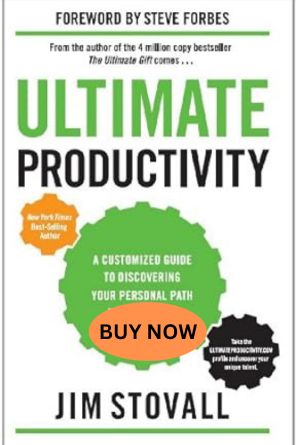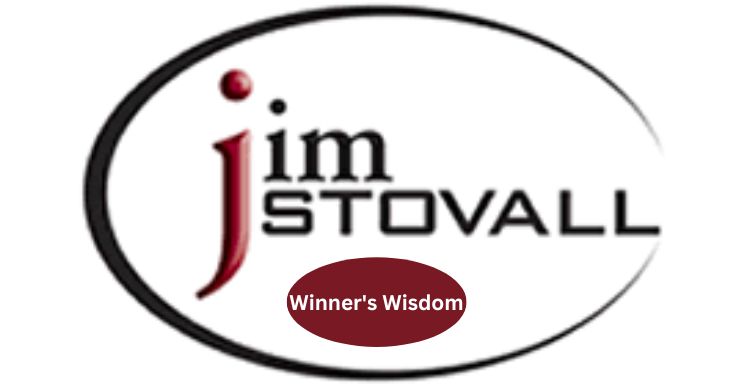
Here in the 21st century, we succeed, to a great extent, based on what we know more than the tasks we perform. This notion is to say that, on a daily basis, the most successful among us get paid for their knowledge more than for their labor. The more knowledge you have, the more you are able to excel in any field of endeavor. While specialized knowledge in a particular area is the path to success, it can also be the road to failure if you assume you have the same level of expertise in other fields.
Several years ago, I was hired as the keynote speaker at a national medical convention. The entire convention center was filled with learned and accomplished doctors from every imaginable specialty. While their training and expertise serves them and their patients very well within their medical practices, it does not necessarily transfer into any other area of life. In my career as a financial advisor to organizations and families of wealth, I regularly consult with people who have elite levels of expertise in their chosen fields but quite often have below-average knowledge regarding other elements that would create success in their personal or professional lives.
At the medical convention, I told thousands of doctors this represents a little-known disease impacting their profession that I call “Doc-itis.” Doc-itis involves having the knowledge and expertise to diagnose and treat disease and then assuming you have the same level of expertise in other areas.
Physicians who are highly accomplished at complex surgery, state-of-the-art gene therapy, or diagnosing rare and unusual diseases often have substandard knowledge relating to running the business part of their medical practice, investing their personal wealth, or protecting their assets.
As an award-winning author, movie maker, columnist, and platform speaker, I have a high degree of confidence in my skill and ability to communicate concepts to people in creative and constructive ways that can improve their lives. However, when it comes to programming my computer, flying an aircraft, or addressing my physical health, I yield to people with that same level of expertise in those specific areas.
If you’ve ever been to a meeting or event where someone is experiencing a medical crisis, they might inquire, “Is there a doctor in the house?” They are obviously seeking a medical doctor. Someone with a Ph.D. in engineering, theology, or political science will not be able to assist in a medical crisis.
As you go through your day today, maximize your knowledge and expertise in your area and let other people handle theirs.
Today’s the day!

Did you enjoy this column? Feel free to share with anyone who might benefit!
If you are not already subscribed, sign up here:
Click here to receive Jim’s weekly column.
Jim Stovall is the president of the Emmy-award winning Narrative Television Network as well as a published author of more than 50 books—eight of which have been turned into movies. He is also a highly sought-after platform speaker. He may be reached at 5840 South Memorial Drive, Suite 312, Tulsa, OK 74145-9082; by email at Jim@JimStovall.com; or by phone at 918-627-1000.

